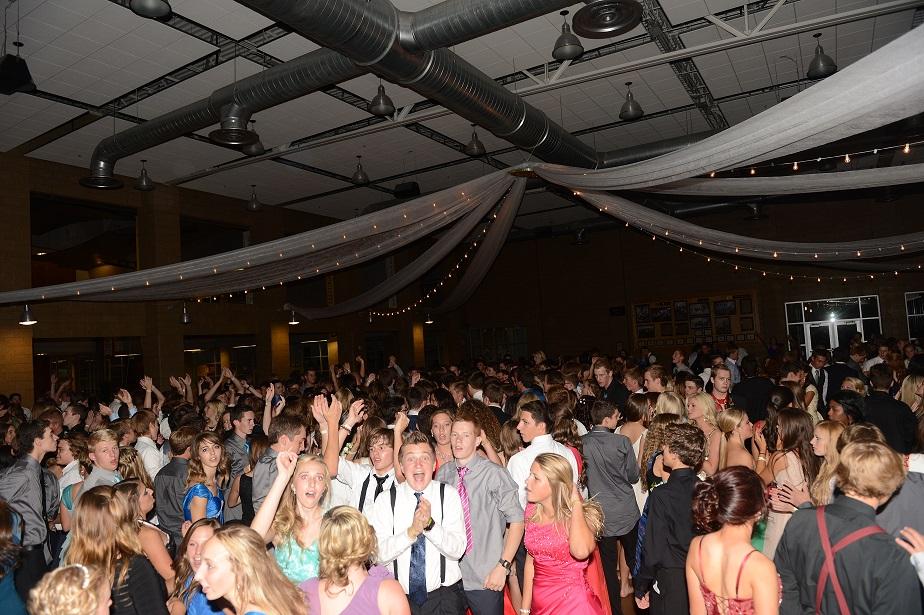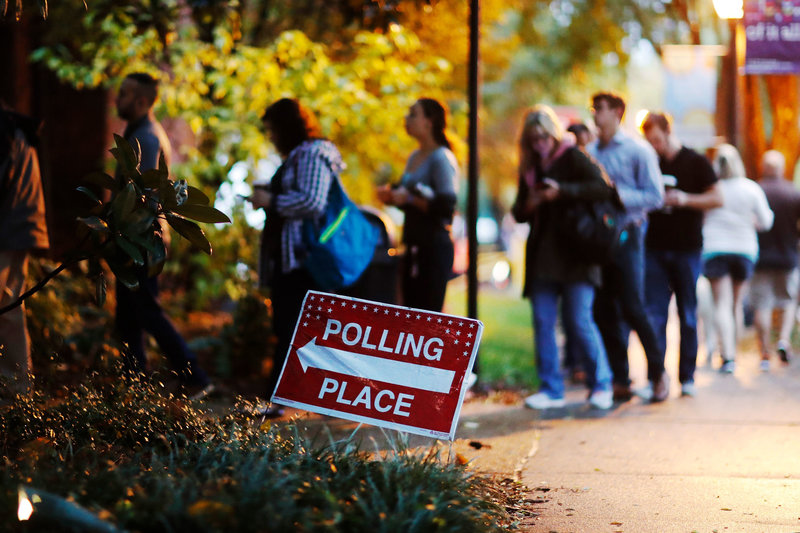Voting Participation
“Taxation without Representation.”
A term heard in every history class and Revolutionary War documentary. The term itself is simply a reference to a government taxing a people without allowing those people to be represented within that government. Despite the short catchphrase, the words were part of a spark that grew to be the fiery determination of the colonies during the Revolutionary War. The many groups and people who made up the Founding Fathers of the USA understood that the best way to have control over one’s circumstances was to have a say in the laws and regulations of government. The desire for a voice in government, for representation, not only sparked the Revolutionary War, but also the founding of a new nation. A new nation predicated on the idea that government should be not only for the people but of the people. Despite these efforts, people don’t always see voting as an important influence.
CNN Politics reported that the 2016 election had only 55% voter turnout, stating it was the lowest turnout for a presidential election in 20 years. In comparison to 2018, NPR reported that the midterms had 47% voter turnout. Low, but the highest midterm voter turnout since 1966. Why do only half of eligible voters, exercise the right that others have fought so hard for? In general, people can guess from a variety of reasons as to why someone might not vote. The Mass Vote Organization, an agency that promotes voters’ rights and encourages people to vote in local and national elections, reported data essential in understanding how US citizens don’t realize the power of the vote. They reported that gaps in voter participation, correlates with widening wage gaps, reduced youth education and opportunity, and increasingly polarized politics. They continue to explain, saying that impoverished or minority neighborhoods are often left uninformed, and unreached by the candidates that would represent them.
These statistics can seem disheartening, but it’s important for everyone, especially seniors who are turning 18, to take the initiative to vote regardless of the circumstances of the area. With the 2020 election coming up within the year, the overwhelming amount of negative news, current events, and political debates can seem overwhelming. However, it’s important to practice understanding and interacting with the government system now, because Voter participation is a learned activity. And even if the individual vote may not seem so influential, the attitude goes on to influence the culture and region around, growing to be a government of the people, for the people.

I will be buried 6 feet under ground before i acknowledge comic sans as a font.
























